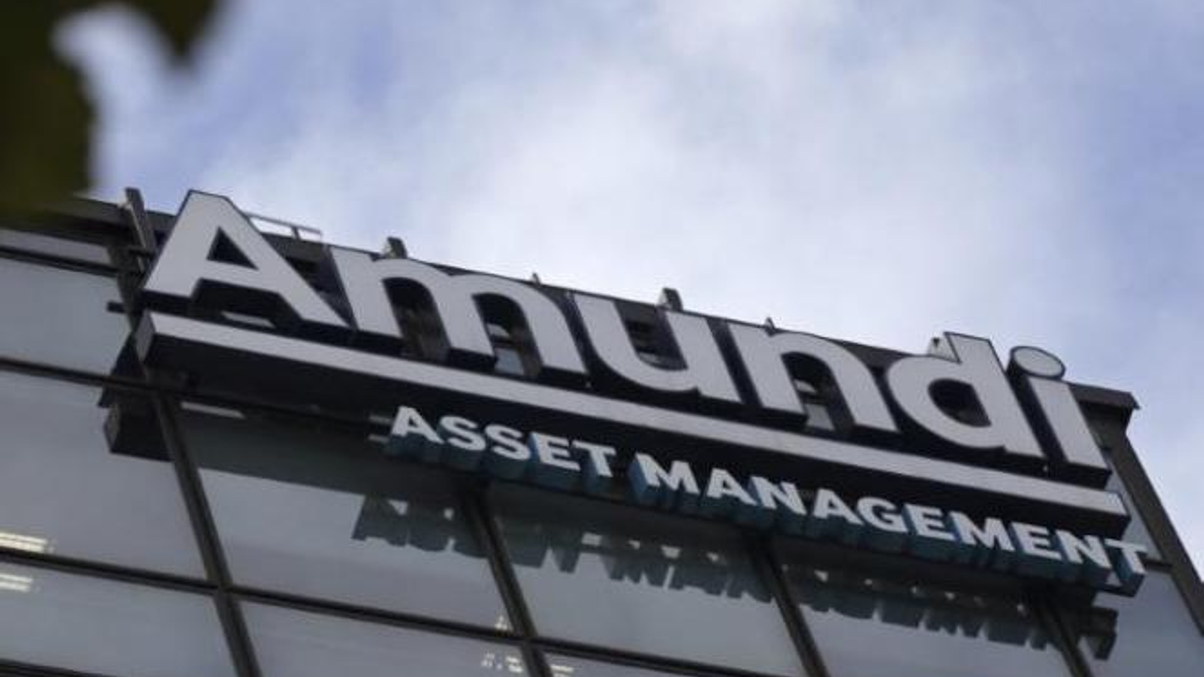Amundi to cut Asia staff, funds in post-merger revamp
The French fund house will cut poorly performing and overlapping funds and focus on products close to client preferences, as it aims to build Asia AUM, said the group deputy CIO.

French giant Amundi is revamping its Asian operations through job cuts and a reduction in fund products as part of a global reorganisation, following its acquisition of Pioneer Investments in July, AsianInvestor can reveal.
Sign in to read on!
Registered users get 2 free articles in 30 days.
Subscribers have full unlimited access to AsianInvestor
Not signed up? New users get 2 free articles per month, plus a 7-day unlimited free trial.
¬ Haymarket Media Limited. All rights reserved.


